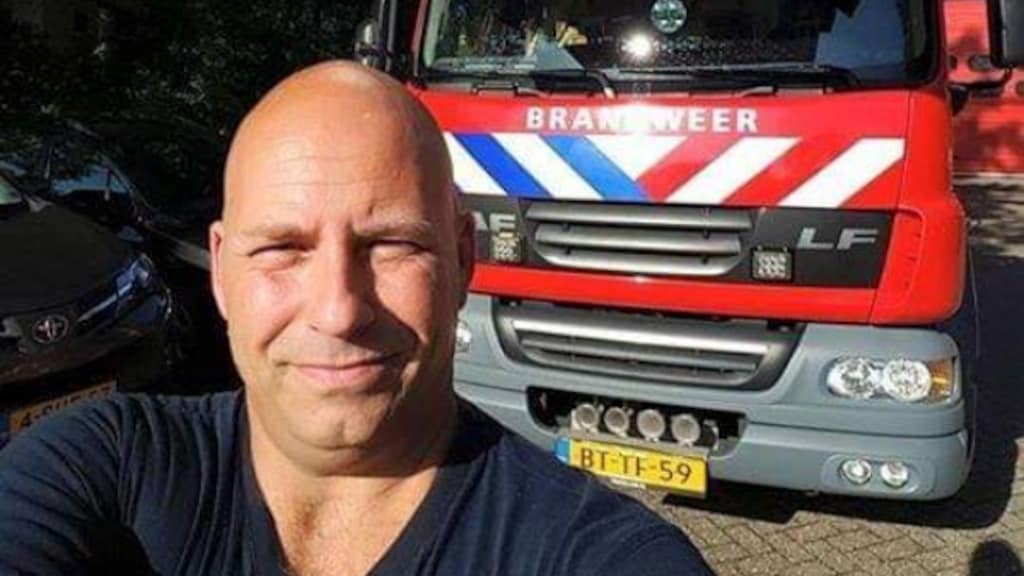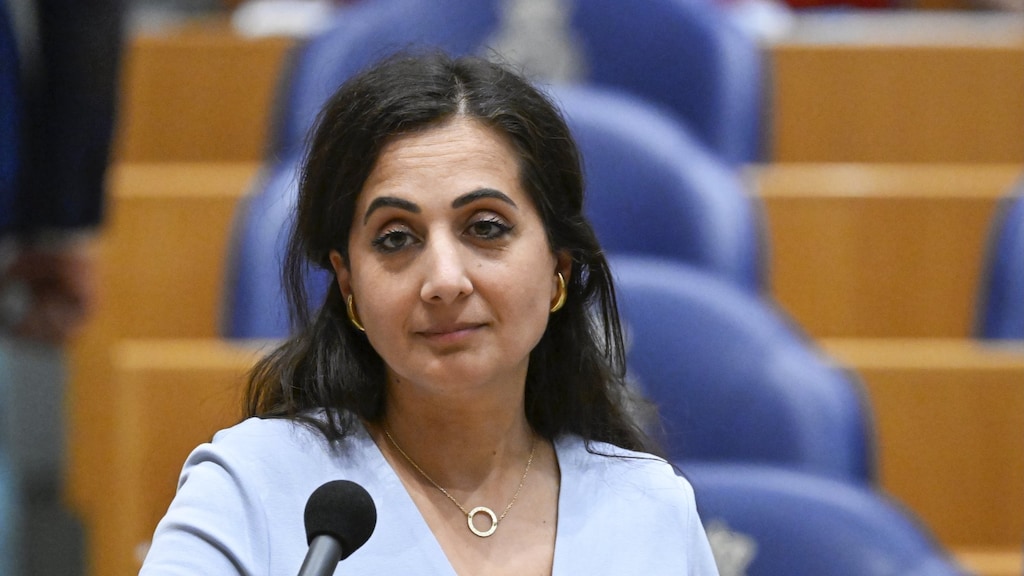No money for firefighters who suffered PTSD: 'I still hear the screams'

A year ago, a majority in the House of Representatives asked for post-traumatic stress disorder (PTSD) to be recognized as an occupational disease in the fire service. That has still not happened. In the meantime, firefighters with PTSD are faced with high costs. "As a first responder, you are there for everyone, but now they say: figure it out for yourself."
Ronald Loeve was a firefighter for 30 years. In his training he learned to extinguish fires. But in practice the work of the fire brigade is much more drastic. More and more often they perform resuscitations or have to get seriously injured people out of houses and cars.
Loeve: "I think that almost 90 percent of our firefighting work consists of that." What he found most difficult was resuscitating children. "You can't save every child and the desperation of the parents standing next to them is great. I can still hear the screams. You take that home with you, to your own children."
Anger outburstsThese kinds of experiences piled up year after year, Loeve noticed. "Talking about it is difficult because there is a bit of a macho culture in the barracks." With his family, he had outbursts of anger over small things. Until he literally got stuck during an exercise three years ago. "My body suddenly didn't do what I wanted anymore. I was standing on a staircase. I had the railing and froze. I couldn't do anything anymore."
PTSD is the diagnosis. Since then, Loeve has been at home and is 100 percent disabled. He hardly leaves the house anymore, for fear of a panic attack. "You have so many stimuli outside. The moment I hear a siren, my stomach turns. When I smell baby milk, I freeze."

In the Netherlands, PTSD is a recognized occupational disease for military personnel and police officers. However, it is not recognized as an occupational disease nationally for the fire brigade. This means that their salaries are not supplemented and that they also have to pay for insurance costs and other costs that are necessary for treatment. Fire brigade employees are also on their own in legal procedures.
'Figure it out for yourself'Loeve is moved by the feeling that he is on his own: "As a care provider, you help people day and night and under all circumstances. You are always there. And after thirty years, they now simply say to me: good luck, figure it out for yourself. I think it is extremely antisocial. Really antisocial. I never expected that either, but it is true."
It is not known exactly how many firefighters have PTSD. A study by Zembla showed that there are at least 150, but probably more because not all safety regions wanted to provide figures to the program. Following the Zembla broadcast, GroenLinks-PvdA MP Songul Mutluer, together with SP, CDA and VVD - and supported by a majority of the Lower House - submitted a motion a year ago to make PTSD an occupational disease in the fire service as well.

Member of Parliament Mutluer has no good words for the fact that nothing has been arranged yet: "Last year, we clearly stated as a House that we believe that firefighters should receive the same care and support as police and military personnel with PTSD. It should not depend on the safety region you fall under, but a national arrangement. That was unanimously adopted at the time. But what we see is that there has been a year of standstill."
Because a year later, the 1.75 million euros needed for this have still not been found. "The cabinet at the time clearly stated that they also want a clear arrangement for firefighters with PTSD. But it is a question of money. The cabinet points to the safety regions for the money and vice versa. I am actually a bit done with it. That is why we are going to submit a motion again to arrange this," says Mutluer.

The 25 safety regions say they have a plan ready to come up with a single arrangement for firefighters with PTSD. Among other things, the plan states that it will be arranged for the entire country that firefighters with PTSD will no longer have their salary cut, that there will be a supplement to the WIA benefit and a reimbursement of medical costs.
The plan is there, says the mayor of Den Bosch Jack Mikkers, who is responsible for it: "PTSD is not an individual problem but a shared responsibility that concerns us all."
Assistance dogSuch national recognition would help Ronald, for example, with the purchase of an assistance dog. He is on the list to be the first Dutch firefighter to get one that can help him during nightmares and to go outside again. He now pays for the costs of more than 25,000 euros himself. "That is all my savings." Fortunately, it is now arranged in his safety region that the fire brigade supplements his benefit to 100 percent of his old salary. "But that is not the case everywhere."
The only thing the safety regions are still waiting for is the commitment of the national government to transfer the money. "That money is necessary and also a condition that we have set." During the negotiations on the spring memorandum, the adjustments to the budget for next year, it was on the table but did not make it.
State Secretary heads the ball backOutgoing State Secretary Teun Struyken (Justice and Security) has not arranged the money. Struyken heads the ball back to the employers (the 25 safety regions). "I understand that the firefighter has great difficulty with it, but we cannot spend money on everything. It remains a problem, but a problem for the employers. The resources are limited and we have to make choices."
Ronald is getting despondent about being sent from pillar to post. He hopes he won't have to wait for a new cabinet. "I just want to be taken seriously. That's all."
In the video below you can see the full response of the State Secretary:
RTL Nieuws






